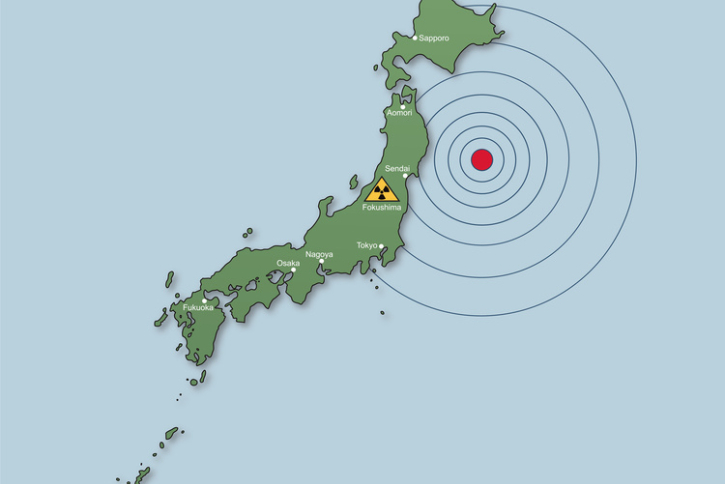
Fifteen years ago, on March 11, 2011, one of the most devastating disasters in modern history struck Japan, when a massive earthquake triggered a tsunami and nuclear crisis. Beyond the immense human toll, the disaster exposed both the strengths and shortcomings of preparedness, response, and resilience. It also shaped international disaster governance, reinforcing momentum for the adoption of the Sendai Framework for Disaster Risk Reduction. This seminar will examine Japan’s culture of preparedness, highlighting new research on disaster prevention and its implications for building more resilient systems against future crises.
Miho Mazereeuw is an Associate Professor at the MIT School of Architecture and Planning, an architect, and a landscape architect. She is the author of Design Before Disaster: Japan's Culture of Preparedness (University of Virginia Press, 2025). She also serves as MIT Climate Mission Director for Empowering Frontline Communities and leads the Urban Risk Lab, which develops strategies for cities to withstand flooding, cyclones, and heat stress. The Lab’s multidisciplinary team conducts fieldwork and community workshops in the U.S. and abroad to develop context-specific resilience solutions.
Eiichii “Eddie” Kato worked in Japan for a diesel engine company and later served as president of a hotel for twenty years. In the immediate aftermath of the 2011 Great East Japan Earthquake, he opened the hotel to evacuees; it operated as an emergency shelter, and he personally managed relief efforts there for 70 days. He is a disaster storyteller (kataribe), sharing firsthand experiences of the earthquake to educate and inspire others.
This seminar will be held in E40-496 (Pye Room) and is co-sponsored with MIT-Japan. Lunch will be available. Please RSVP here.
Contact Kate Danahy at kdanahy@mit.edu with any questions.
This event is part of the CIS Global Research & Policy Seminar Series and is co-sponsored by MIT-Japan. Join our mailing list here to learn about upcoming seminars in the series.

